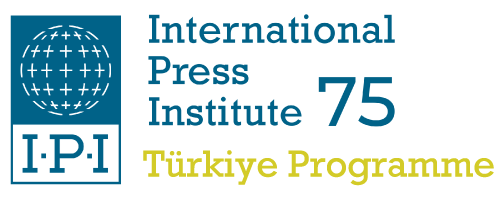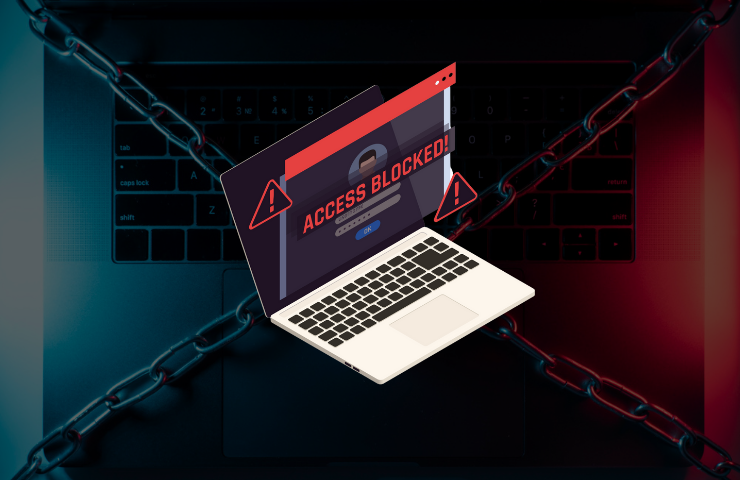The International Press Institute (IPI) strongly condemns the restriction of access to social media taken by Turkey’s authorities in the days after the detention of Istanbul Mayor Ekrem İmamoğlu and 105 others on March 19. The authorities imposed immediate bandwidth throttling on major social media platforms and messaging apps, including X, YouTube, Instagram, Facebook, WhatsApp, TikTok, Telegram, and Signal in a clear effort to suppress and control news and information following the detentions.
These restrictions, implemented at 7 AM local time on March 19, remained in place for 42 hours until March 21, well beyond the 24-hour limit permitted by Law No. 5651 without judicial approval. The Information and Communication Technologies Authority (BTK) has not clarified whether proper judicial approval was obtained for this extended restriction period.
Furthermore, we are deeply troubled by the Turkey’s broadcast regulator’s (RTÜK) warning to news channels on March 19, threatening maximum penalties for coverage that violates broadcast regulations. RTÜK Chair Ebubekir Şahin also announced on X that broadcasts are under continuous monitoring and warned that news presenters and commentators must not frame events through their ‘personal political perspectives’.
On March 21, RTÜK issued maximum penalties to several TV channels —including Halk TV, Szc TV, Tele1, and Now TV— following Şahin’s warning. The sanctions were imposed for allegedly violating broadcasting rules that require content to uphold “the principles of the rule of law, justice, and impartiality.”
According to Interior Minister Ali Yerlikaya, 326 social media accounts have been identified for investigation, with 54 individuals already detained for posts related to İmamoğlu’s detention.
The systematic restriction of social media access, coupled with threats against traditional media outlets, is a clear attempt to suppress the flow of information following a highly controversial government arrest of intense public interest.
The government has imposed similar restrictions on social media following the February 2023 earthquake and the hotel fire in Bolu that claimed 79 lives in January 2025. However, it is the first time these powers have been used in anticipation of public outrage over a planned and highly contentious detention of the country’s high profile opposition leader who was expected to be selected as candidate for the next Presidential elections.
IPI urges Turkish authorities to:
- cease the practice of arbitrary social media restrictions without proper legal basis
- allow journalists and media organizations to freely report on matters of public interest without threat of reprisal. Independent journalism, includes the right to allow the expression of all political opinions regarding any news event.
- respect the public’s right to access information through both traditional and social media platforms
The ability of the media to report freely on significant political developments is fundamental to democracy. These restrictions and warnings create an environment of censorship that undermines press freedom and the public’s right to information.
This statement was produced by IPI as part of the Media Freedom Rapid Response (MFRR), a Europe-wide mechanism which tracks, monitors and responds to violations of press and media freedom in EU Member States and candidate countries, funded by the European Commission.

